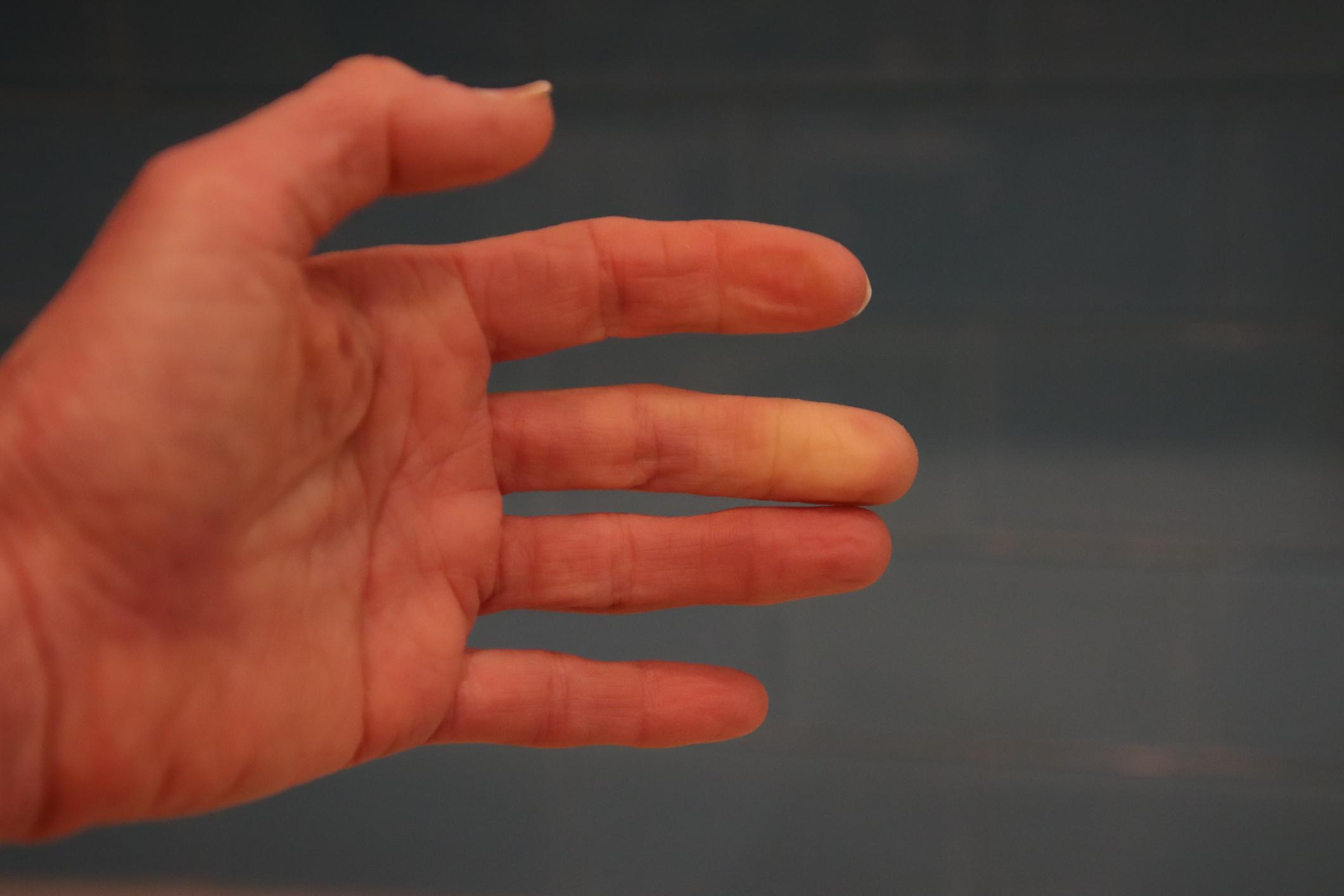
Dominant and Passive Delusional Sharers
Psychotic disorders come in all shapes and sizes. Schizophrenia is the most well-known, but the short-term psychotic disorder will also not sound unfamiliar to most. Less common is the shared psychotic disorder. Here, someone takes over the delusion of a loved one.
The term ‘short-term psychotic symptoms’ refers to psychotic symptoms that often last no longer than a month. Examples are:
- hallucinations
- delusions
- incoherent speech
- cakatonic behavior (the arbitrary adoption of illogical or bizarre attitudes)
The causes of such a short-lived psychotic disorder can be different; by drug abuse to sleep deprivation and from stressful events to depression. A person with a short-term psychotic disorder always returns completely to the level of functioning before the onset of the symptoms. There are no lasting consequences after the psychotic symptoms.
Foil à deux
In special cases it can happen that a loved one takes over the delusion of a loved one and at a given moment is convinced of its truth. This is called a shared psychotic disorder, or in medical terms, a foil à deux. Little is known about the hows and whys of a shared psychotic disorder. What is clear is that there must be a very close or intimate relationship between two people if one starts to think exactly like the other. When the relationship is broken, the ideas usually disappear again.
Dominant and passive
In a shared psychotic disorder, the ‘giver’ of the delusions is the dominant figure and the ‘receiver’ is the passive one. This concept is often elaborated in movies and TV series where the dominant figure is a single mother who cannot allow her only child (often a son) to build a life of her own. Foil à deux can also occur within a marriage. For example, a case is known of a man who was convinced that his wife was cheating. His wife was so absorbed in her husband’s delusions that she agreed with him. One problem: she couldn’t remember any of her escapades. In the end she went to the doctor because amnesia.
Ursula and Sabina
A well-known or rather infamous case of shared psychotic disorder is the story of 40-year-old Swedish identical twins Ursula and Sabina Eriksson. They were discovered by accident when British TV was filming police officers in action in 2008. The story of the insane twins begins when the police receive a report that two women are walking along the center lane of the M6 motorway. When the officers and the camera team finally arrive, the two are on the hard shoulder. Then the already extraordinary story takes a bizarre turn when first Ursula and shortly afterwards Sabina runs back onto the highway. Both are shoveled by the speeding traffic. Both make it out alive.
Organs
Ursula, however, is badly injured and begins to struggle like a madman and lash out at the rushing agents. She yells to them: “Call the police!”, to her sister: “They steal your organs!” Sabina then jumps up and starts running again. She ends up in the other lane but miraculously is not hit by the traffic. She challenges a cop who wants to calm her down to a fight.
Murder
Because both sisters are not under the influence of alcohol or drugs and it is not known whether they were suicidal before, they will be released soon. In fact, Ursula gets no punishment at all, Sabina hears demands against her for ‘violence against cops’ and ‘entering a highway’. Because her injuries are not too bad, she is free to go after a night of moping.
That same day, she stabs someone and is caught trying to beat herself to death with a hammer. She hits her ‘rescuer’ with a roof tile and runs away. From a 12 meter high bridge she eventually jumps onto a highway. The Swedish one also survives this umpteenth kamikaze action.
Documentary
The Eriksson’s true story has been the subject of a BBC documentary. However, nothing has ever become clear about the how and why of the actions of the two. What is certain is that Sabina had adopted delusions from Ursula. In the end, the two were not physically affected by their psychosis. As with a short-term psychotic disorder, the shared variant usually has no long-term consequences. Sabina eventually received 5 years in prison and has reconnected with her sister who now lives in the United States.
Sources):















